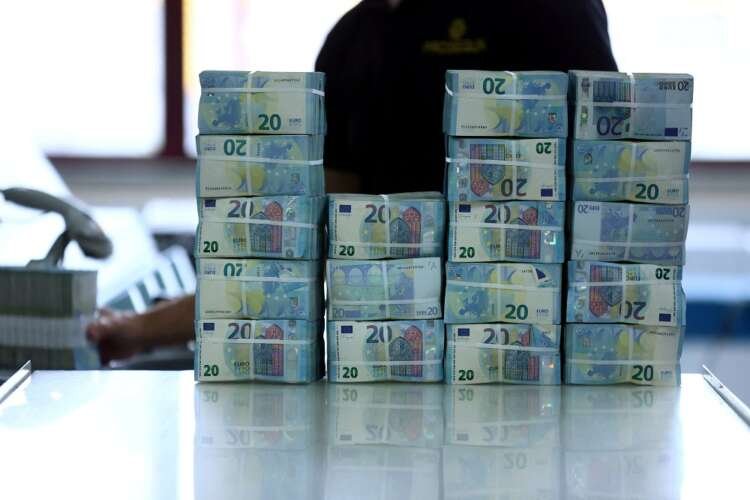Bank instant payment shift to help business and consumers, says EU
Published by Jessica Weisman-Pitts
Posted on October 26, 2022
3 min readLast updated: February 3, 2026

Published by Jessica Weisman-Pitts
Posted on October 26, 2022
3 min readLast updated: February 3, 2026

By Huw Jones
LONDON (Reuters) -Forcing banks across the European Union to offer instant payments in euros is a “seismic” shift to make the economy more efficient and reap savings for businesses and customers, the bloc’s financial services chief said on Wednesday.
European Commissioner Mairead McGuinness proposed a draft EU law that will require banks across the 27-country union to offer and receive “instant payment” (IP) services for a fee that is the same or lower than they charge for traditional credit transfers.
Currently, some banks charge far more for an IP transfer, up to 30 euros ($30) in some cases, compared with traditional transfers.
“Moving from ‘next day’ transfers to ’10 seconds’ transfers is seismic and comparable to the move from mail to e-mail,” McGuinness said in a statement, adding that delays in transfers tie up 200 billion euros in transit daily.
Instant payments have been rolled out in many parts of the world, including the EU, but voluntary take-up in the bloc has flatlined, with only two-thirds of banks offering IP which accounts for only about 13% of all credit transactions.
U.S. duo Visa and Mastercard dominate cross-border card payments, and Brussels hopes that IP, combined with reforms such as “open banking”, or fintechs using a customer’s bank data to offer a range of services, will boost competition.
IP is part of helping wider reforms, such as the anticipated digital euro.
“We want to extend euro instant payments internationally at a later stage,” European Commission executive vice president Valdis Dombrovskis told reporters.
“By mandating instant payments, the biggest blockers to open banking payments becoming mainstream are instantly solved,” said Tom Greenwood, CEO of instant payments gateway Volt.
IP allows people to receive and make instant payments 24/7, critical if payday falls on a weekend, and for businesses to manage their cash flows by receiving funds instantly after a sale.
‘ENDANGER SAFETY’
Once in force, the proposed law, which needs approval from EU states and the European Parliament, would require euro area banks to receive euro IPs within six months, and ability to send euro IPs within a year, with banks elsewhere in the EU given 24 months to offer euro IP services.
Payments Europe, which represents card firms, said markets should decide on pricing IP transactions, and the six-month compliance deadline is “too narrow and could endanger the safety and security of transactions”.
“This will increase competition in payment services and provide consumers and merchants an additional, efficient and lower-cost choice in paying for goods and services both in store and online,” said Christel Delberghe, director general of EuroCommerce, which represents the retail and wholesale sector.
Banks will have to screen daily their IP customers against the most updated EU sanctions list, which has expanded since Russia’s invasion of Ukraine.
Currently, non-bank payment firms are excluded as they don’t have direct access to payment systems, but Brussels plans to revise its rules to allow them to compete alongside banks in IP payments, an EU source said.
($1 = 0.9983 euros)
(Reporting by Huw Jones; Editing by David Holmes, William Maclean)
The European Commission is the executive branch of the European Union responsible for proposing legislation, implementing decisions, and managing the day-to-day operations of the EU.
Traditional credit transfers are standard bank transactions that typically take one or more business days to process, unlike instant payments which are processed immediately.
The digital euro is a proposed digital currency by the European Central Bank that aims to complement cash and enhance the efficiency of payments in the eurozone.
Explore more articles in the Banking category











